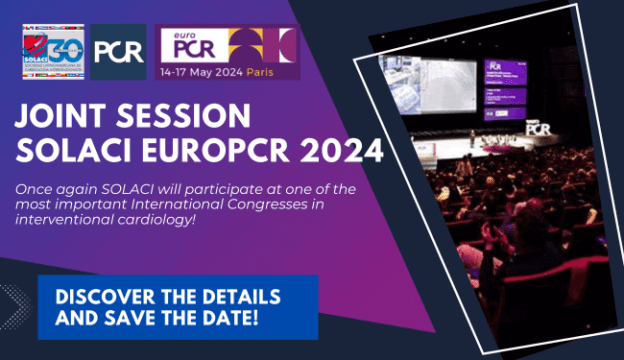
This study reports one year clinical outcomes and CMR imaging of patients randomized to intracoronary vs. intravenous abciximab during primary PCI. Primary end point was a composite of death or re-infarction.
Of 2,470 patients included in this study, 473 (19%) had diabetes and 1,997 (81%) did not.
At one year, primary end point was significantly reduced in diabetic patients receiving intracoronary abciximab compared to those receiving an intravenous bolus (9.2% vs. 17.6%; HR: 0.49; CI 95%: 0.28 to 0.83; p=0.009).
The intracoronary abciximab bolus did not reduce events in non-diabetics (7.4% vs. 7.5%; HR: 0.95; CI 95%: 0.68 to 1.33; p=0.77).
In diabetic patients, intracoronary abciximab reduced the risk of death (5.8% vs. 11.2%; HR: 0.51; CI 95%: 0.26 to 0.98; p=0.043) and definite/probable thrombosis (1.3% vs. 4.8%; HR: 0.27; CI 95%: 0.08 to 0.98; p=0.046) compared to intravenous abciximab.
The savaged myocardium index by CMR saw a significant increase only in diabetic patients randomized to intracoronary abciximab.
Conclusion
Intracoronary abciximab bolus administration reduces events in diabetic STEMI patients undergoing primary PCI.
Original Title: 1-Year Outcomes with Intracoronary Abciximab in Diabetic Patients Undergoing Primary Percutaneous Coronary Intervention.
Reference: Raffaele Piccolo et al. J Am Coll Cardiol. 2016;68(7):727-738.
We value your opinion. You are more than welcome to leave your comments, thoughts, questions or suggestions here below.





